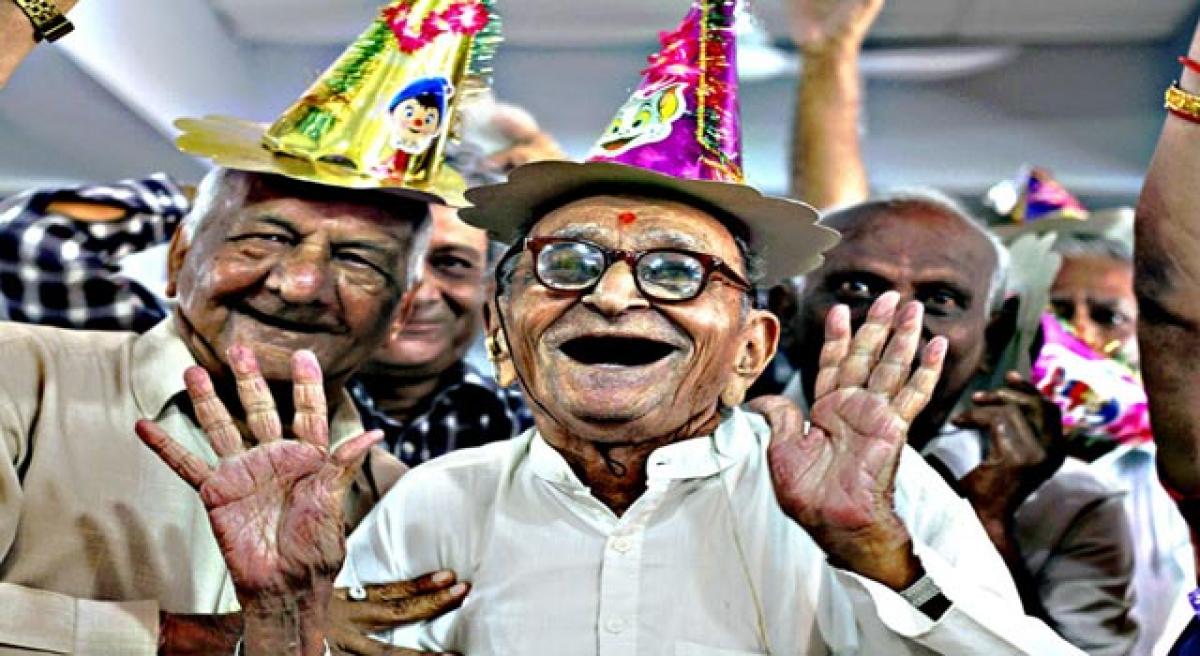Who is senior citizen?

The Union government wants its ministries and departments and private agencies to adopt 60 as the age at which a person is classified a senior citizen. This is to address anomalies in extending benefits to the elderly. The Social Justice and Empowerment Ministry is planning to bring in an amendment to the Maintenance and Welfare of Parents and Senior Citizens Act, 2007, to implement this change.
The Union government wants its ministries and departments and private agencies to adopt 60 as the age at which a person is classified a senior citizen. This is to address anomalies in extending benefits to the elderly. The Social Justice and Empowerment Ministry is planning to bring in an amendment to the Maintenance and Welfare of Parents and Senior Citizens Act, 2007, to implement this change.
The Act defines senior citizens as any person who is a citizen of India and has attained the age of “60 years and above.” The phrase ‘... and above’ is being manipulated by several agencies to deny benefits under senior-citizen clauses by adopting different age limits, a government official said.
The UPA government had in 2013 raised the age for eligibility to senior citizen benefits to 65, a decision which had come under much criticism because it eliminated a chunk of the elderly from benefits. The government has had to face criticism also for not implementing its old age policy despite announcing it.
According to the law, a "senior citizen" means any person being a citizen of India, who has attained the age of sixty years or above. A report released by the United Nations Population Fund and HelpAge India suggests that India had 90 million elderly persons in 2011, with the number expected to grow to 173 million by 2026. Of the 90 million seniors, 30 million are living alone, and 90 per cent work for livelihood.
The National Policy on Older Persons was announced by the Government of India in 1999. It was a step in pursuance of the UN General Assembly Resolution 47/5 to observe 1999 as the International Year of Older Persons and in keeping with the assurances to older persons contained in the Constitution. The well-being of senior citizens is mandated in the Constitution of India under Article 41.
‘The state shall, within the limits of its economic capacity and development, make effective provision for securing the right to public assistance in cases of old age’. Pensions, travel concessions, income tax relief, medical benefit, extra interest on savings, security of older persons through an integrated scheme of the Ministry of Social Justice and Empowerment as well as financial support is provided for currently.

